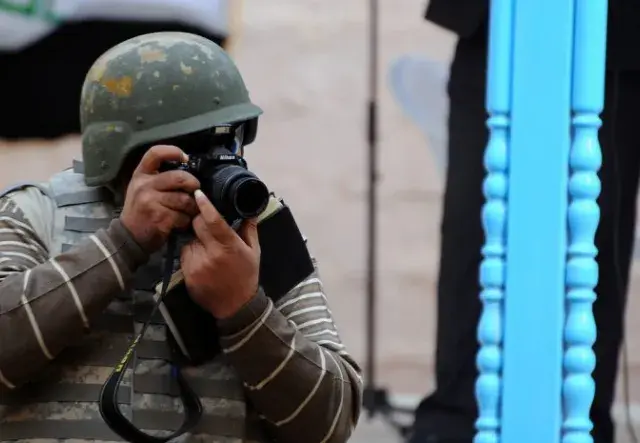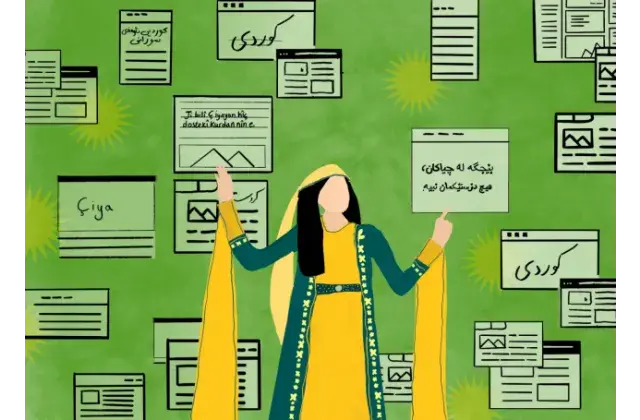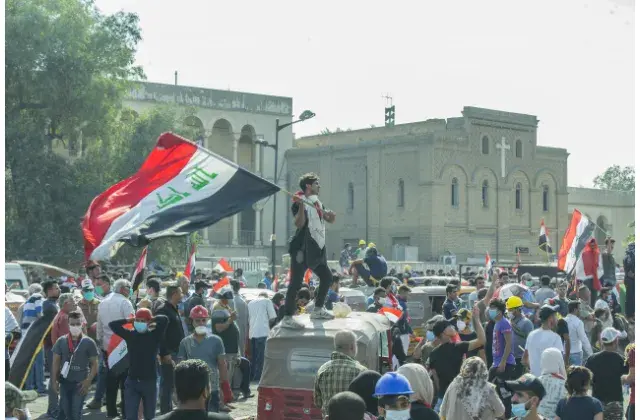Iraqi Investigative Journalism: Ambition in the Face of Obstacles

Following the fall of Saddam Hussein's regime in 2003, the press in general witnessed significantly greater freedom than in earlier decades. Over the years, numerous Iraqi journalists have won significant Arab and international awards, including in the field of investigative journalism.
After finding itself facing a significant challenge with the emergence of new media, traditional media had to ensure its continuity by providing something unique and different, akin to long-form journalistic forms. The focus shifted towards investigative work that is not constrained by the pressures of speed and immediacy but requires a longer timeframe, extending over months or even years for completion. While the evolution of investigative journalism shows the fringes of the freedom enjoyed by the media, this journalistic genre still faces numerous obstacles in Iraq, where media institutions grapple with financial, professional, and legal challenges.
This was the finding of a research conducted by Prof. Bushra Al-Hamdani titled “Obstacles of Iraqi Investigative Journalism from the Perspective of Iraqi Journalists,” which examined the obstacles facing investigative journalism in Iraq. The findings of this study were presented during the third scientific conference, “Towards a Future Vision for Building Responsible Media,” organized by the College of Mass Communications at the University of Baghdad in April 2016. The research sample comprised the most prominent media institutions in Iraq, including the website of “Network of Iraqi Reporters for Investigative Journalism (NIRIJ)” and the printed newspapers; “Al-Zaman,” “Al-Mada,” “Al-Sabah,” and “Al-Mashreq.” Additionally, the study adopted a sample consisting of five journalists representing each media institution totaling 25 journalists.
Prof. Bushra Al-Hamdani revealed through this study that investigative journalism in Iraq faces legislative restrictions that hinder journalistic work. It also grapples with a narrow margin of freedom and the absence of laws to protect journalists while they are performing their duties.
Furthermore, 80% of the respondents acknowledged that the opaqueness of government sources makes it extremely difficult for them to obtain information. Meanwhile, 60% of this sample confirmed that they do not receive sufficient recognition from the institutions they work for. However, merely 12% of the respondents affirmed the existence of investigative work culture in their media organizations.
On the other hand, the majority of the respondents pointed to the lack of the necessary financial resources to conduct investigative work, including modern electronic devices such as covert recording tools. Only 20% of journalists have the essential devices required for their investigative work.
According to this study, Iraqi investigative journalists face a lack of essential training in this intricate form of journalism, despite continuous training being a crucial element in the professional journey of any journalist. Only 12% of the respondents confirmed that they had attended prior training courses conducted by international organizations outside Iraq. The Iraqi media has prioritized several crucial investigative topics, including mismanagement of public funds, absence of justice, failures of officials and governmental systems, and the call to activate the principles of accountability and responsibility. But if an investigative journalist makes a pitiful monthly pay, how can he be shielded from the lure of financial rewards for his silence?
While this scientific study has been limited to the media landscape in Iraq, the majority of Arab countries suffer from the same obstacles that impede the development of investigative journalism, particularly in terms of legislative frameworks. These countries still lack legal frameworks that ensure the safety of investigative journalists during their work, safeguard their rights to access information, and preserve the confidentiality of their sources.
Original Link: https://icsfs.org/ar/article?id=22&cid=1
This article was written by the Rights Center for Freedom of Expression Support and is licensed under CC BY-NC 4.0.






